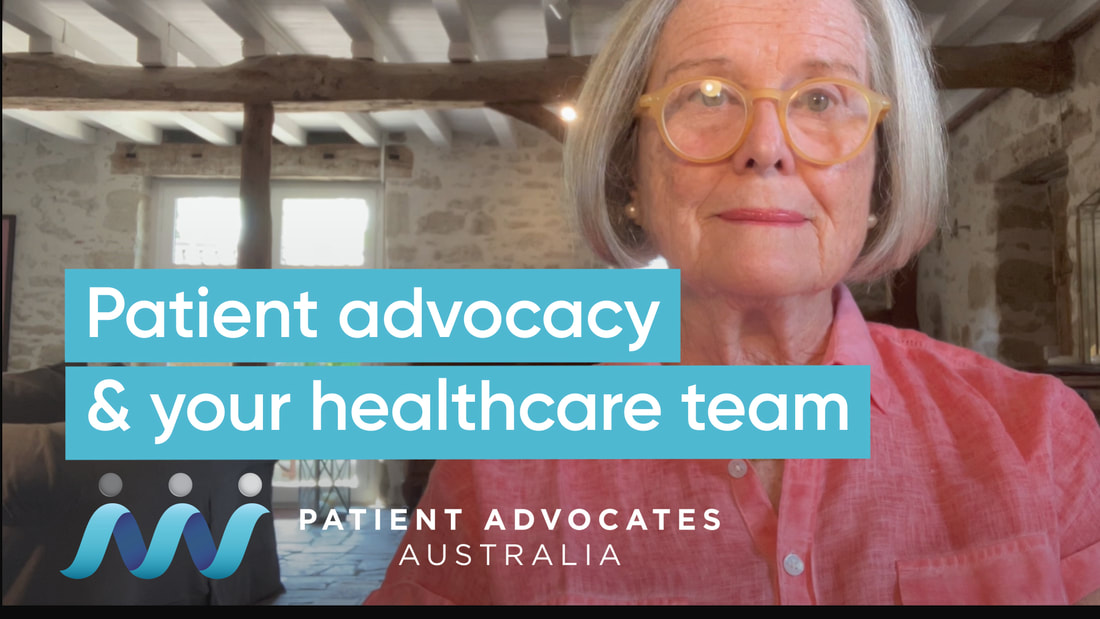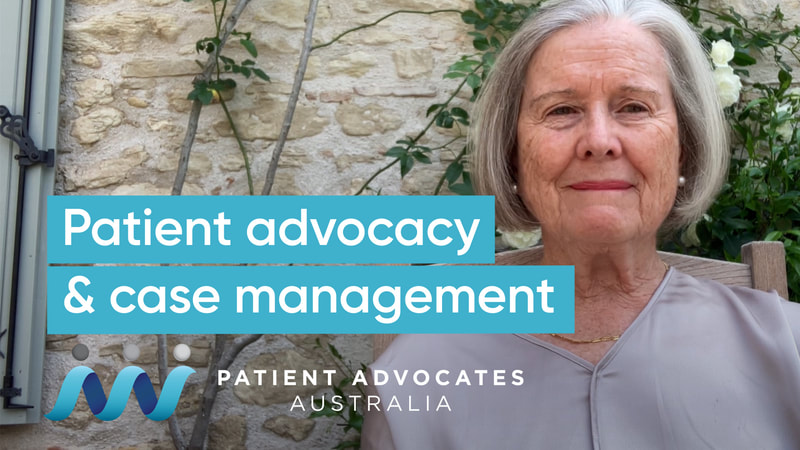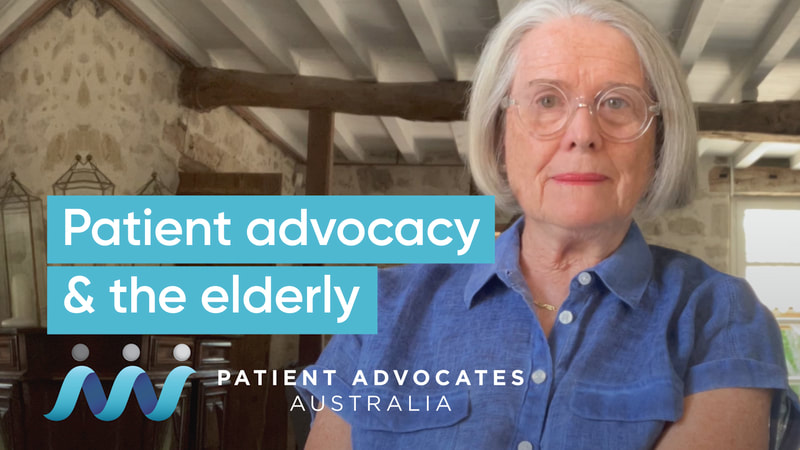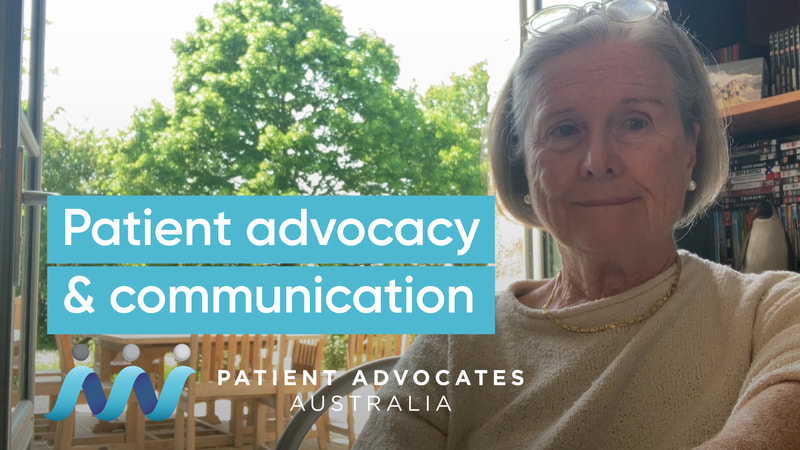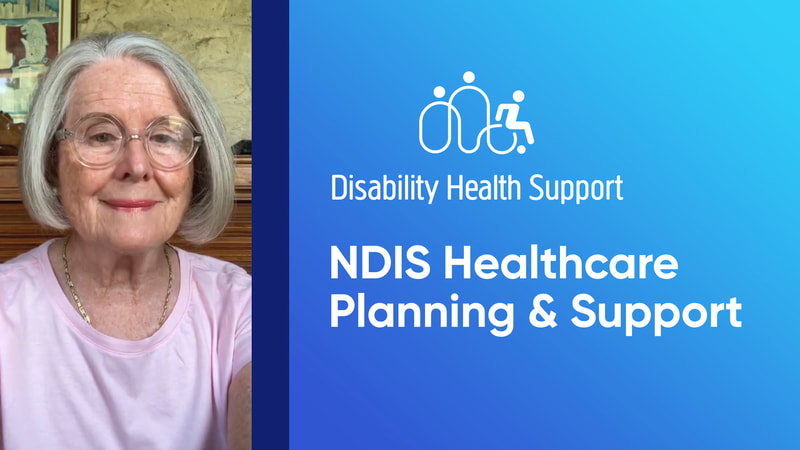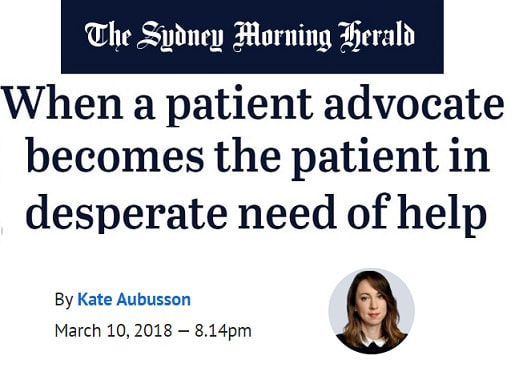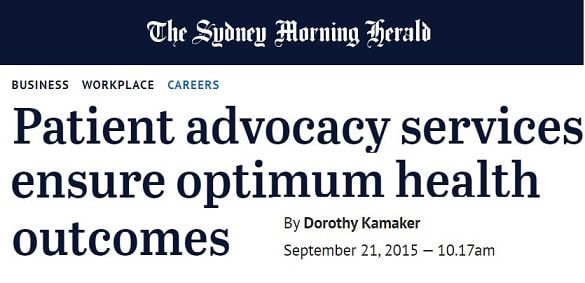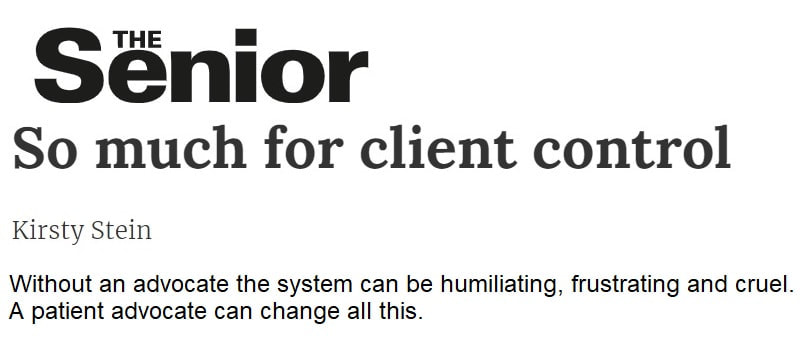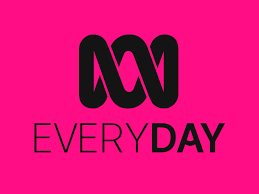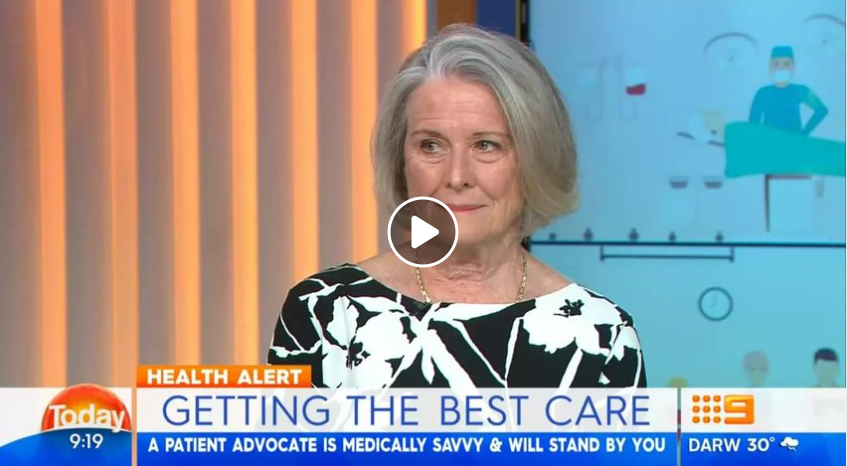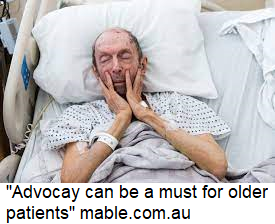Welcome to
Patient Advocates Australia
Both Alicia and Dorothy hold Masters level nursing qualifications (Dorothy no longer remains registered as a nurse). Both are also qualified patient advocates. We support patients in our roles as healthcare case managers, patient advocates & supporters. We assist clients in the public, private, hospital, aged & community healthcare systems.
Disability and NDIS clients click here
How does a patient advocate work with your team?
|
Case Management
Often, you have no idea what is happening with your healthcare or why something isn't happening. You need someone on your side! Healthcare should be evidence based, patient centred and collaborative. Most patients do not have the medical literacy, skills or confidence to look after their own best interests in this area. That's where our expertise comes in. |
Patient Advocacy
Sometimes you just can't get the doctors or nurses to listen. You need someone to make that happen! Patient Advocates have undertaken specialist training in patient advocacy and incorporate their background as trained health professionals in order to get the best from the health system. It's not enough to understand the medical care. What gets results is understanding how to advocate to improve that care. That specialist patient advocacy qualification provides them with the skills to establish a client's goals, analyse the client's concerns and engage effectively with the providers to achieve best practice outcomes. We do this by accompanying (incl telehealth) patients to medical appointments (an appointment buddy) in order to ask questions, explain disease concepts and treatment options and provide patients with confidence that they are getting good care. |
|
Healthcare support
An independent patient advocate assists patients to effectively utilise specialist consultations, meetings and advice and navigates them through the sometimes overwhelming health system maze. You will have to listen to a lot of complex information, medical jargon and often conflicting input. You need an independent health advocate to help you make decisions! |
Personalised Service
Every person and every case is different. We ensure that the patient, and their support network, understands the advice and information provided by healthcare providers and that the providers understand their patients. And we ensure that each doctor knows what the other is thinking and doing related to their patient's management. |
What is the Australian Charter of Healthcare Rights?
The Australian Charter of Healthcare Rights (the Charter) explains your rights when receiving health care. These rights apply to everyone receiving health care in Australia, and in all places. This includes public and private hospitals, day procedure facilities (such as day hospitals), general practices, community health centres, dental clinics, as well as specialist and allied health provider (e.g. physiotherapist, psychologist) clinics. In particular you have a right to:
Involve the support people of your choice
■ You have the right to involve the people you want in planning and making decisions about your care and treatment. This could be a family member, carer, friend, or a patient advocate (someone who stands up for your rights) such as a social worker. Many health services employ liaison officers, such as Aboriginal and/ or Torres Strait Islander liaison officers, who can provide advocacy, information and support.
A second opinion
■ You have the right to ask for advice from another clinician. This is called a second opinion.
The Australian Charter of Healthcare Rights (the Charter) explains your rights when receiving health care. These rights apply to everyone receiving health care in Australia, and in all places. This includes public and private hospitals, day procedure facilities (such as day hospitals), general practices, community health centres, dental clinics, as well as specialist and allied health provider (e.g. physiotherapist, psychologist) clinics. In particular you have a right to:
Involve the support people of your choice
■ You have the right to involve the people you want in planning and making decisions about your care and treatment. This could be a family member, carer, friend, or a patient advocate (someone who stands up for your rights) such as a social worker. Many health services employ liaison officers, such as Aboriginal and/ or Torres Strait Islander liaison officers, who can provide advocacy, information and support.
A second opinion
■ You have the right to ask for advice from another clinician. This is called a second opinion.
Our patient advocacy services are available
everywhere in Australia,
city and country.
NSW, Victoria, SA, ACT, Tas, WA and the NT.
We specialise in tele conferencing:
it's safer, cheaper, preferred by medicos and much more effective.
AUSTRALIA WIDE PATIENT ADVOCACY
We provide patient advocacy for clients in all states and regions of Australia:
NSW, Victoria, Queensland, WA, SA, ACT, Tas and NT.
Case Management
|
The Commonest complaints by patients about healthcare in Australia include:
|
This list reflects our own experience: most of our enquiries relate to a problem that reflects poor case management. We get calls about healthcare that is uncoordinated, involves gaps or duplication in care, includes treatments that cannot be justified or are not explained and of doctors and nurses who erect barriers that intimidate and disempower patients and families. Frequently clients call about completely inadequate pain management. Poor/absent communication between doctors and patients' families is a very common problem. The solution is for us to work as the client's private case manager, with the hospital and medical providers, to prevent poor outcomes and enormous stress for patients and their families.
|
What is our case management function?
|
A case manager’s role is to liaise with a patient, their family, and the patient’s healthcare providers. We see the issues from the patient's perspective. Case managers are not in charge of diagnosing patient illnesses or making decisions about care. They do not give advice about care. They are the coordinators who ensure that a suitable care plan actually exists, is communicated, is carried out in a timely manner, at a high standard and that it has the desired result. We support patients and carers to make the best decisions. This requires collaboration between the patient/carer, case manager, doctors, nurses, social workers, discharge planners, rehabilitation and home health care—whoever is involved in the patient’s care plan.
|
|
How does a patient advocate work?
When you have health problems requiring medical treatment and interventions, or you become acutely unwell and require hospitalisation, you hope that you will get excellent care. You trust that your health management will not itself be a source of stress, confusion, unnecessary expense or conflict. You want to be offered all the treatment options, to be given adequate, understandable information so you can be part of and understand decisions. You expect to be treated with respect and dignity. You need to know that your care is patient centred rather than provider centred. You need and deserve excellent communication. However, when you are unwell, you may not be able to fend for yourself and you may benefit from expert support and advocacy.
We work to eliminate the common barriers:
We work to eliminate the common barriers:
- Confusion or anxiety about a medical condition or treatment
- Navigation or access problems within community, aged or hospital healthcare
- Uncoordinated or blocked contact with doctors or other providers
- Communication difficulties with or between doctors or other providers
- Denial of rights regarding your (or someone else's) healthcare
- Problems with family dynamics about how best to deal with the interests of a loved one
- The tyranny of time/distance-if you are too far from someone or too busy to effectively support them
- Problems with the safety or standards of care for an aged relative either at home or in residential care.
Adding an independent patient advocate to your health care team for all areas of health and aged care:
- acute, chronic and critical health problems in the private & public hospital and aged care systems
- complex case management
- disability (including NDIS) healthcare and services
- monitoring and collaboration with hospital and medical care
- supervision of the transition from hospital to home or nursing home
- support for age related health problems and activities of daily living needs
- formulation, collation and sharing of healthcare documentation
- arranging respite care when the family needs a holiday or support
- concerns about the standards of healthcare, current or past
Not sure if our service is for you?
Using a patient advocate/support person
A support person is every patient's absolute right whether it's a family member, a friend or a professional. The Australian health and aged care systems expect that patients are provided every opportunity to understand and collaborate in their healthcare with the assistance of any advocate they choose, family or professional. The Department of Health (through its Healthcare Rights & Responsibilities document) specifically advises patients to gain an understanding of the treatment they are receiving/consenting to and to "..to have a relative or other support person/advocate with them at all times". In practice, a support person enhances the process for both the provider and the patient especially when that supporter is an experienced, qualified health professional and patient advocate.
How do we support you?
- we will attend medical appointments and complex medical tests with and navigate/translate what is being said.
- we specialise in tele-conferencing meaning we can "attend" appointments with your providers and carers via smartphone. This means we can provide advocacy wherever you are, safely and less expensively.
- we can be with you during an emergency at a hospital or A&E department to assist you and your family through an acute event and help you to make informed decisions about treatment choices. We understand the language and culture of hospitals and can ensure that your treatment is timely and appropriate.
- as your patient advocate we ask the important questions you may not know to ask.
- we collaborate with your providers so that your care is co-ordinated so that all your doctors in the loop regarding your condition, your treatments and your wishes.
- we can provide you with written reports of all meetings we attend and (with your permission) circulate these to your providers. This advocacy means less silo-ing of information and less duplication
- we help you to get the appropriate documentation in place that guides medical care in an emergency or at the end of your life.
- we will arrange for your care to be reviewed, including obtaining a second opinion where appropriate
- we will guide and support you through an enquiry or complaint process regarding care or outcomes.
- disability-related health supports are available to utilise using NDIS funding.
Each of these videos describes how independent advocacy improves outcomes for different types of patients.


